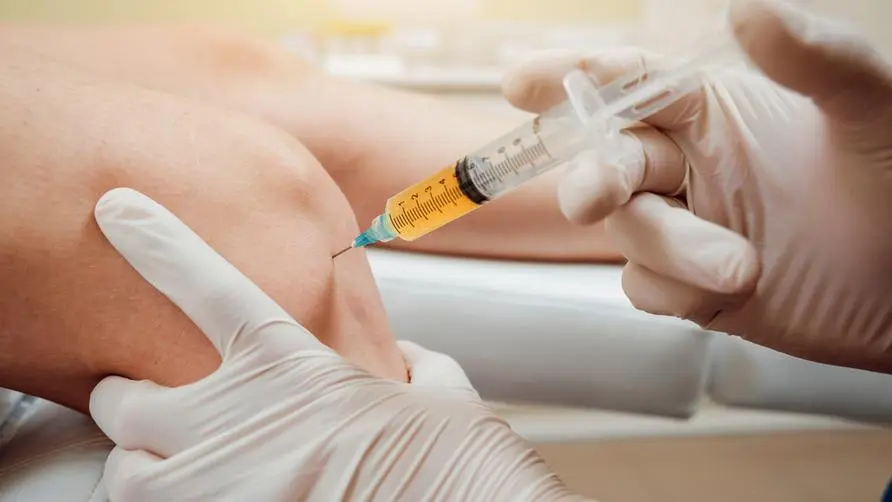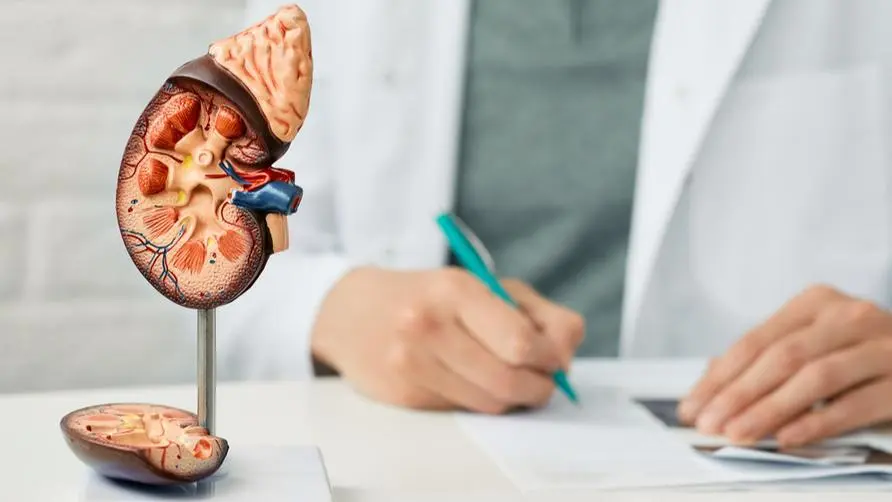Not everyone can drink coffee? Study: People with mutations in "1 gene" in the body may be at risk of kidney failure if they drink 3 cups

Many literatures support the benefits of coffee to the human body. However, for certain groups of people, drinking coffee may increase the risk of low kidney function? The latest research published in the authoritative journal “JAMA Network Open” indicates that if there is a mutation in the “CYP1A2 gene” that determines caffeine metabolism, the risk of renal dysfunction may be nearly three times higher than that of a person who does not have the mutation.
Drinking too much coffee may cause “kidney failure”? Study: Drinking more than 3 drinks increases risk by 2.7 times
The study was initiated by the University of Toronto in Canada and the University of Padua in Italy. The research team recruited 1,180 middle-aged people aged 18-45. Among them, 683 subjects (57.9%) suffered from hypertension during the trial. This observational study lasted for 16 years, during which the team completed random visits and health status assessments of each subject, including indicators such as glomerular filtration rate (eGFR), urine protein, and creatinine.
The study results showed that a total of 351 subjects had low glomerular filtration rate, and 604 subjects had blood pressure greater than 140/90 mmHg. In addition, studies have observed that these subjects have mutations in the “CYP1A2 gene”, which makes it difficult for caffeine to be metabolized in the body. Ingesting more than 3 cups of coffee a day will lead to proteinuria, low and high glomerular filtration rate in slow metabolizers. related to blood pressure.
Research also points out that people who metabolize caffeine slowly and drink more than three cups of coffee a day are 2.7 times more likely to suffer from kidney dysfunction and 2.8 times more likely to suffer from hypertension. Research suggests that mutations in the CYP1A2 gene may make it difficult to metabolize caffeine, thereby damaging the kidneys or cardiovascular system. In the trial, about half of the subjects carried the “rs762551 variant” of the CYP1A2 gene, which may be a potential cause of low caffeine metabolism.
Why are caffeine metabolized differently? Experts point to “1 gene” mutation as the key cause
Sara Mahdavi, the lead author of the study, said that for people who carry mutated genes, coffee is indeed likely to damage their kidneys; as for drinks containing caffeine such as cola, tea, and energy drinks, there are still no studies that have confirmed their effects on the kidneys. Risk, but if the caffeine level is higher than that of regular commercial coffee, it is estimated that it may also have a negative impact on the kidneys.
Study co-author Ahmed El-Sohemy added that the original task of the CYP1A2 gene is to metabolize drugs, caffeine or several dietary ingredients. Certain drugs may reduce the activity of CYP1A2, such as birth control pills; and cruciferous vegetables have been found to Can increase the activity of CYP1A2. The “rs762551 variant” of the CYP1A2 gene is also currently used in cancer research and development.
Asians have lower tolerance to caffeine? Can fast metabolizers drink coffee to protect their heart?
According to previous research in “The Pharmacogenomics Journal”, the CYP1A2 gene of Asians seems to be significantly different from that of Westerners, resulting in Asians having poorer metabolism of caffeine and lower tolerance to coffee. According to content published by the Taiwan Ministry of Health and Welfare, the daily intake of caffeine is recommended to be less than 300 mg, which will not have any impact on health.
Ahmed El-Sohemy, the author of the above-mentioned study, also published a study in “JAMA” in 2006, stating that people who metabolize caffeine slowly due to CYP1A2 mutations have an increased risk of heart attacks; while people who metabolize caffeine quickly have an increased risk of heart attacks. Cardiovascular protection. In addition, a study published in the “Journal of the International Society of Sports Nutrition” also pointed out that fast metabolizers benefit more from caffeine; using a 40-kilometer timed road race as a standard, fast metabolizers are about 2 minutes faster than slow metabolizers. .
However, El-Sohemy also reminded that no matter what the individual’s tolerance to caffeine is, excessive coffee intake is not enough, especially for patients with cardiovascular disease, arrhythmias, gastrointestinal diseases, long-term insomnia, pregnant women and children, it is best to avoid Or cut back on caffeinated drinks. If you still want to enjoy the delicious taste of coffee when your bones are already porous, you should replenish calcium in a timely manner to avoid exacerbating calcium loss.
Caffeine -Harvard TH Chan School of Public Health
Coffee, CYP1A2 genotype, and risk of myocardial infarction
CYP1A2 Genetic Variation, Coffee Intake, and Kidney Dysfunction
The influence of a CYP1A2 polymorphism on the ergogenic effects of caffeine
Further reading:





